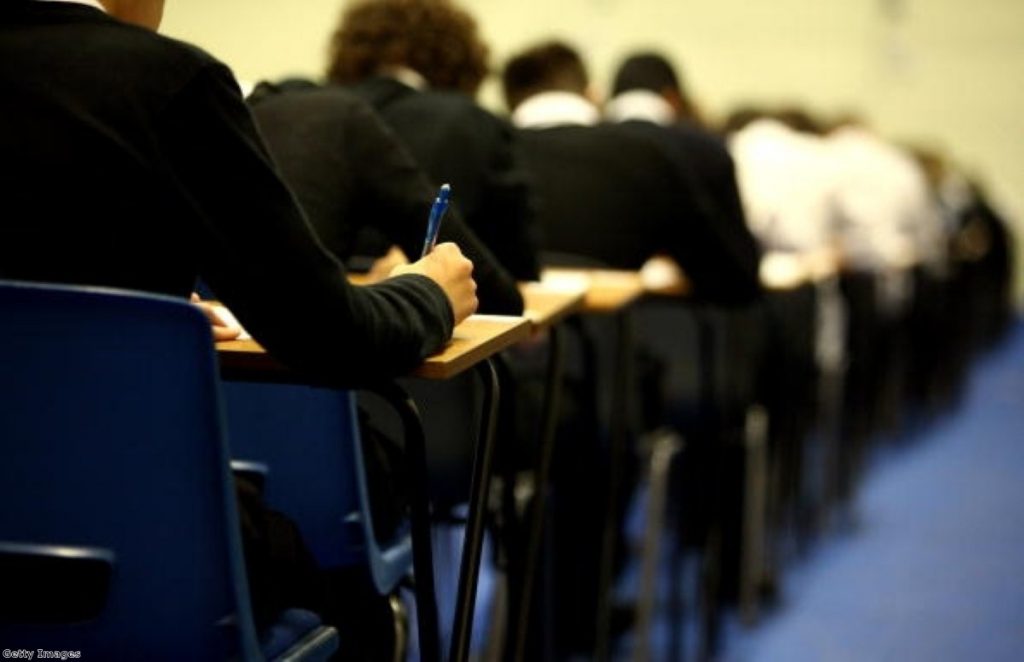NUT strike: Why performance-related pay for teachers doesn’t work
More than 10,000 state schools are expected to close today, after the NUT called the first national teachers' strike in three years.
The strike was sparked by opposition to several policies, including pension contribution changes, but one of the main complaints centres on performance-related pay, which is due to come in this September.
The plan would boost pay for teachers who improve student results and impose higher disciplinary standards.
It sounds eminently sensible, but the data from around the world suggests it is a dead end. An idea which falls apart on implementation.


A clear trend emerges from the academic literature: it is very hard to tag pupil improvement to one particular factor. This leads most assessment criteria to be arbitrary exercises and stokes resentment from those teachers whose efforts weren't recognised. Reports of a decline in morale among staff are very common.
A Centre for Economic Performance report by the London School of Economics and Political Science (LSE) found there had been an incentive effect for those teachers gaining above-average performance related pay, but that this was offset "by a more widespread demotivating effect arising from difficulties of measuring performance fairly".
Authors reported "a deterioration of workplace relations and cooperation" as a result of the new pay structure. It's not surprising. After all, if these staff members were motivated by financial reward they would probably not have become teachers in the first place. A system designed for workers in the financial services industry is a bad fit for staff in schools.
The LSE report also warned that employees would start 'gaming' the system by manipulating results data. This is very common for target-based work cultures or those offering financial incentives. Police forces across England and Wales, for instance, are accused of routinely manipulating crime statistics in order to meet targets.
In the US, where the political and work culture is even less critical of financial incentives than here, there has been no evidence of performance-related pay improving school results.
A 2012 report from the National Center on Performance Incentives funded by the US government found no significant link between incentivised pay and student performance. It collated results from a five-year study and a two-year study of 159 middle schools in Texas and found no statistically significant improvement in scores for English, maths, science or social studies, despite a £3,000 bonus being offered to successful teachers.
A study by the Department of Applied Educational Science at Umeå University in Sweden came to similar conclusions, saying performance assessment does not motivate teaching staff. They found the appraisal "arbitrary and unfair, with a tendency to reward work of peripheral significance".
Teachers also resent the pay incentive because it contains a nugget of tacit, but acute, criticism. It implies that they do not work hard enough.
A recent Department of Education survey found many teachers were now effectively doing an extra day's work a week by staying late after school and working over weekends. Given that most are keen to work for the betterment of their students, teachers take offence at the idea that they would work any harder due to financial incentives.
But then ideas often say as much about those who propose them as they do about the situation they are designed to fix. For a mind which can think only in terms of money, money remains the ultimate incentive.

